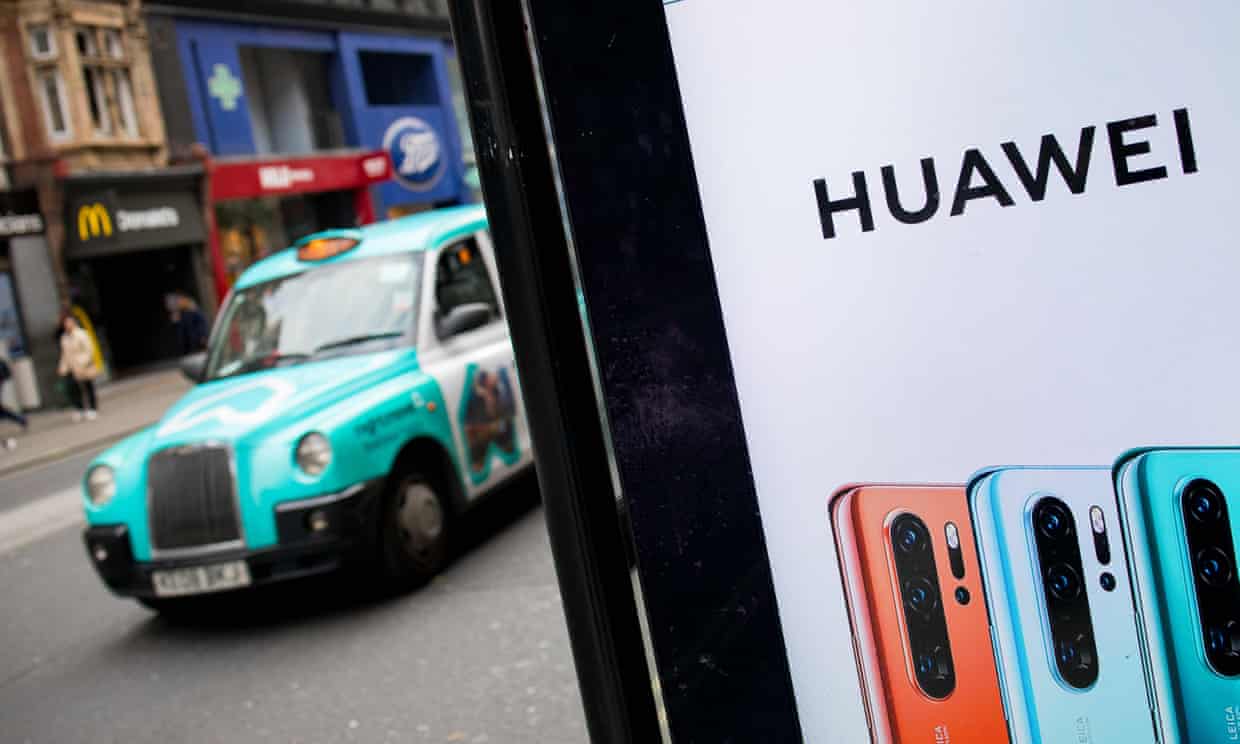
The founder of the Chinese telecoms equipment firm Huawei would “shut the company down” if he was asked by the country’s communist regime to eavesdrop on mobile phone calls, according to a senior executive at the fast-growing multinational.
Tim Watkins, the company’s vice-president for western Europe, said Huawei had never been asked by the Chinese government to conduct surveillance despite a recently introduced intelligence law – and insisted it never would.
“Our founder, Mr Ren [Zhengfei], has made it clear that he has never been asked to hand over any customer data or information, and he has made it clear that if asked he would refuse and if it was attempted to be enforced he would shut the company down,” Watkins said.
Huawei is at the centre of a political controversy in the UK over whether it should be allowed to provide 5G mobile phone technology, with the United States raising concern that its equipment could be exploited by China for surveillance.
Last month, it emerged that the UK’s National Security Council (NSC) had taken a decision in principle to allow Huawei to supply “non core” equipment after a fraught meeting in which five cabinet minsters raised objections.
Shortly afterwards Gavin Williamson was fired as defence secretary after being accused by the prime minister of being behind the leak.
Critics of the decision in the UK have pointed to a 2017 Chinese intelligence law that requires companies to cooperate with the country’s government if required, and say Huawei could be forced to comply with surveillance demands.
Asked about the law in an interview on the BBC’s Today programme, Watkins said that “all countries have a similar kind of law” when asked about its potential impact – and later observed “there has never been a request” made under its provisions.
Senior Huawei executives including the company’s chairman, Liang Hua, have come to the UK for a long-arranged meeting with suppliers and partners, where they are also lobbying to be allowed to supply kit for mobile phone networks.
A report from Oxford Economics, commissioned by the company, claimed Huawei had directly contributed £287m to the UK economy by 2018, and that when the contribution of its suppliers and employees was added that took the total to £1.7bn. It employs 1,600 people in the UK, having supplied equipment in the country since 2001.
But Sir Michael Fallon, a former defence secretary, said the UK should “take account of American warnings” and ban Huawei entirely. “It’s very dangerous letting Huawei into the infrastructure of our next generation networks,” he said.
British intelligence agencies led by GCHQ have argued that any risks from Huawei can be contained – a special unit dubbed “the Cell” exists to monitor the company’s software to ensure it cannot be exploited. Theresa May followed their advice at the controversial NSC meeting.
However, Fallon, echoing the US concerns, said he believed such confidence was misplaced. “I don’t see the distinction between so-called core and so-called edge. That’s the view that the US and Australia have taken and it would be a great mistake to be out of line with our allies.”
Last week Mike Pompeo, the US secretary of state, argued for a total ban on Huawei. “Ask yourself: would the Iron Lady be silent when China violates the sovereignty of nations through corruption or coercion?”
The Guardian

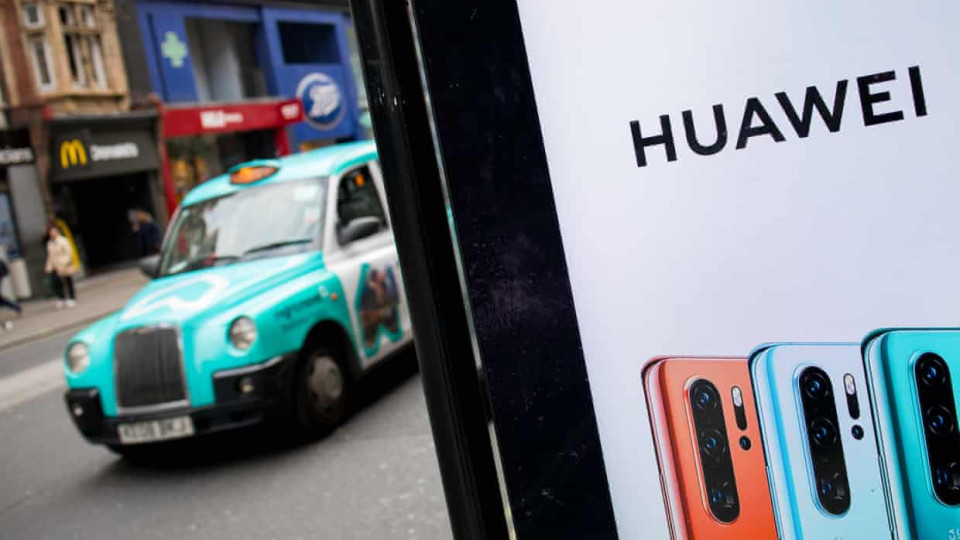


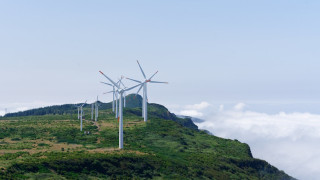

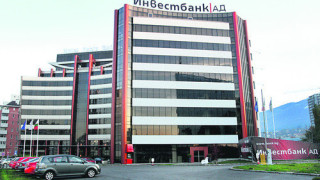
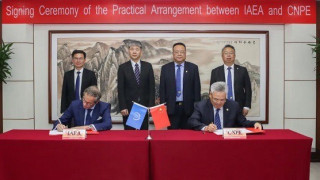

Leave a comment